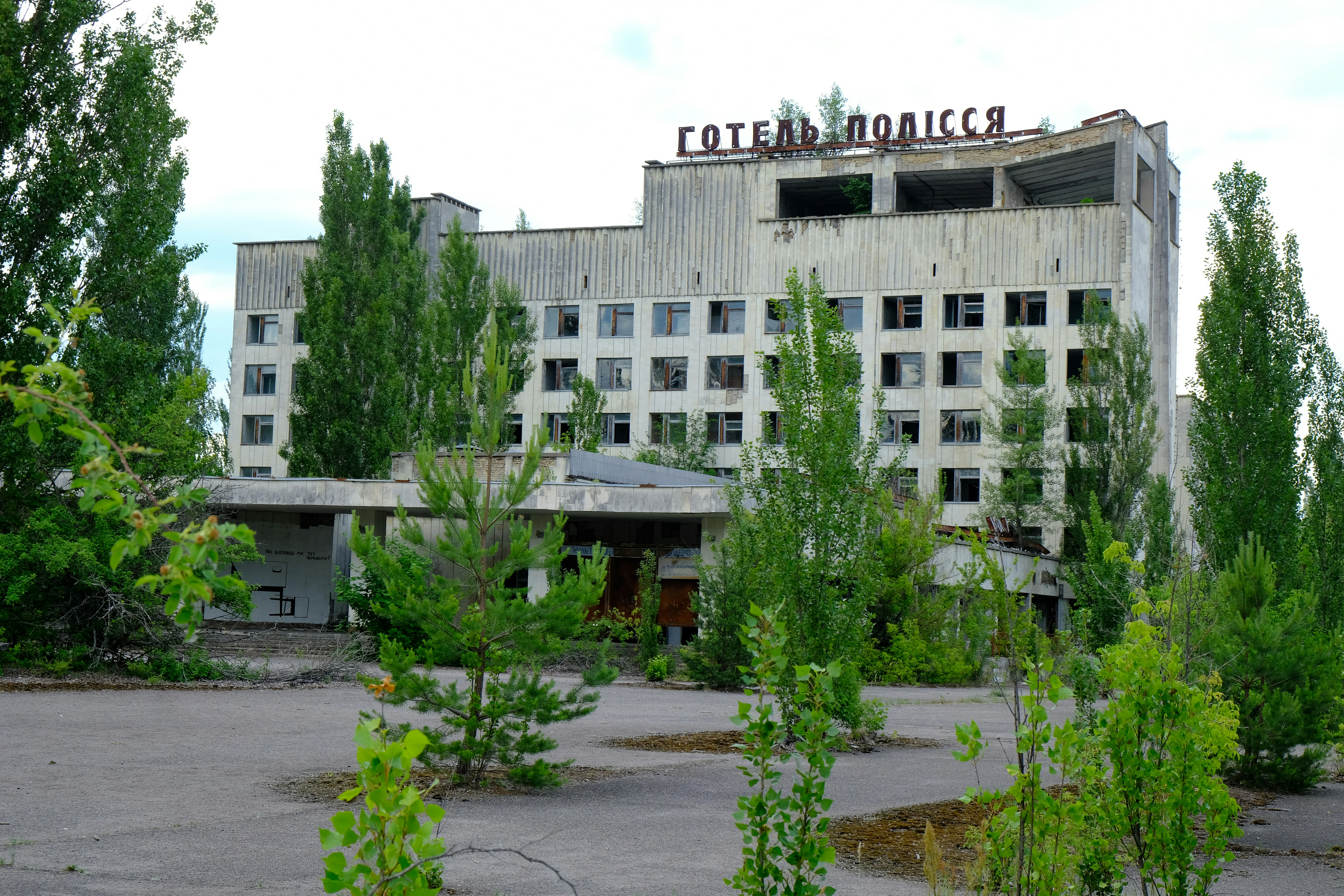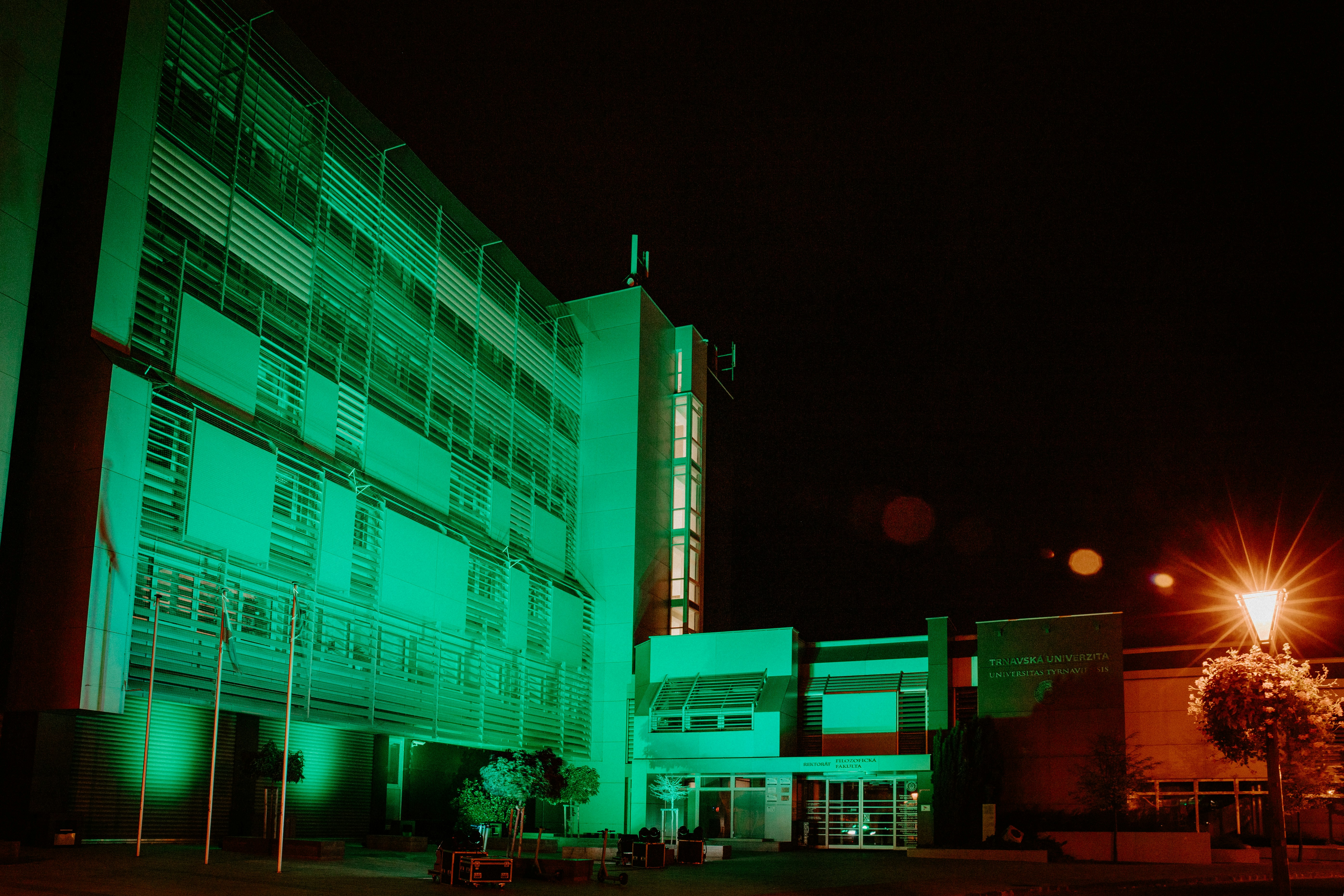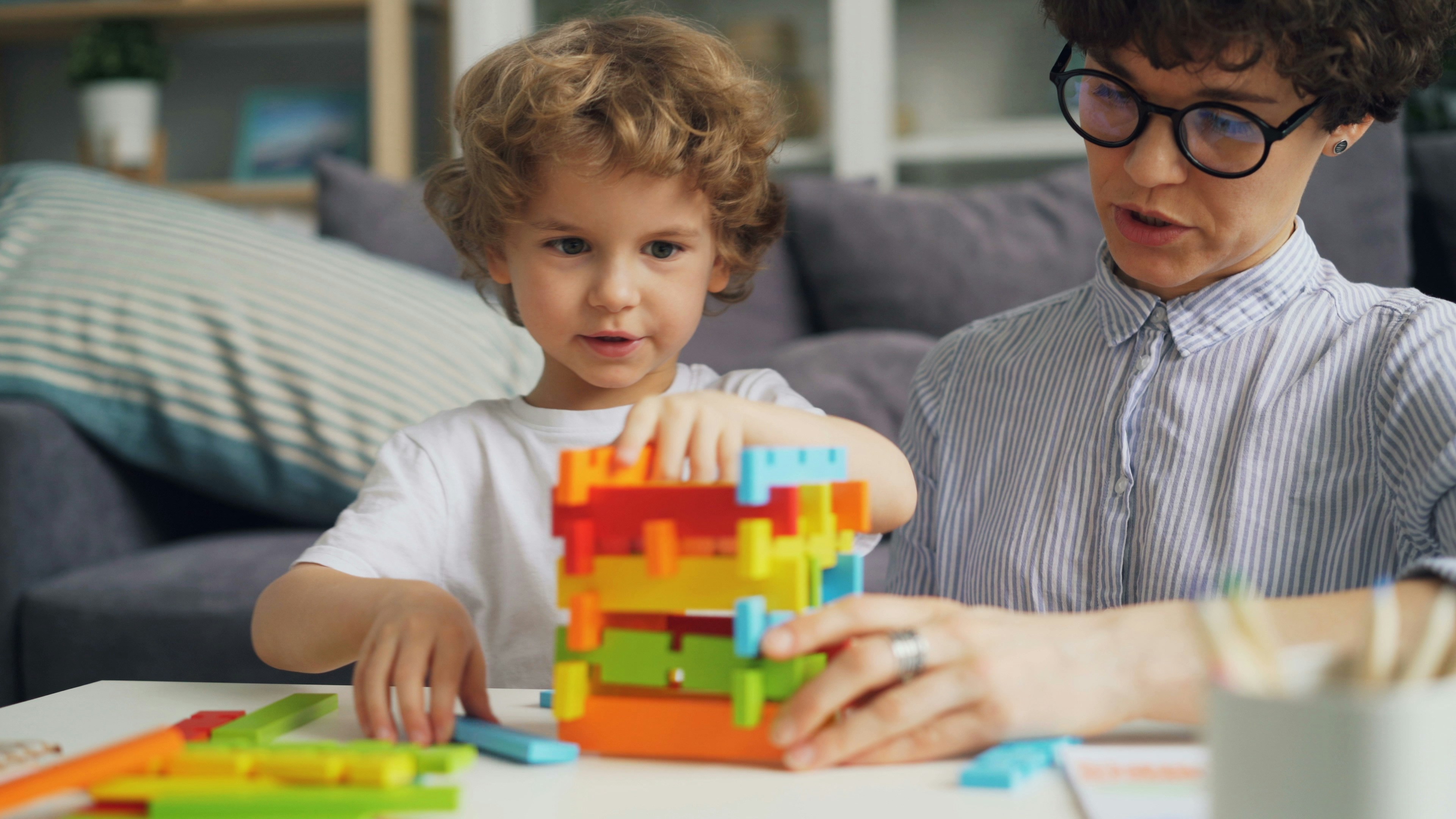Best Autism Schools in New York (For Children and Adults)

When looking for autism-friendly schools and programs in New York, it’s important to take a careful and thoughtful approach. People on the autism spectrum need more than just basic support—they need schools and programs that truly understand how they learn and what helps them succeed. The best autism-friendly schools go beyond the basics by offering individualized education plans (IEPs), trained staff, sensory-friendly spaces, social skills support, and evidence-based teaching methods.
Across New York, there are many schools and programs that do an excellent job supporting both children and adults with autism. These places focus on important areas like communication, daily living skills, emotional well-being, and structured routines—all key parts of helping autistic individuals grow and thrive.
To create this guide, we reached out to parents, educators, therapists, and school leaders across New York. We looked at how each program works, what services they offer, how families feel about them, and whether they meet state standards. Every school or program in this list has been carefully chosen because of its real dedication to helping people with autism succeed.
Our goal is to give families and caregivers the information they need to make confident choices. Whether you’re looking for a school for your child or a support program for an adult loved one, this guide shares some of the best autism-specific options across New York.
Each program included here is focused on building confidence, supporting independence, and helping every individual reach their full potential.
Best Schools for Children with Autism in New York ( At a Glance)
School Name | Location | Age / Grades | Tuition (Private) | Services / Features |
Manhattan Children’s Center | NYC (Manhattan) | Ages 5–21 (ungraded) | Private, likely $40k–$60k+ | 1:1 ABA classrooms, vocational training, speech/OT, social-skills groups (The Manhattan Childrens Center) |
Gersh Academy | West Hempstead, West Hills, Queens (NY metro) | K–12 (ages 5–21) | Private – tuition varies (likely $40k–$60k+) | Comprehensive ABA, OT, PT, speech, equine therapy, vocational programs (95% diploma rate) |
New York Center for Autism Charter School | East Harlem & Bronx | K–8 | Publicly funded (no tuition) | Charter model specialized for autism; full-day, autism-focused curriculum |
Rebecca School | Manhattan | Ages 3–21 | Private—typically $40k+ | DIR/Floortime model, speech & OT built-in, small class sizes |
Summit School (Queens / Nyack) | Queens & Nyack | K–12 (levels 5–21) | Private – $40k–$60k+ | Academics + pre‑vocational training, clinical counseling, residential option (Nyack) |
Yaldeinu | Brooklyn | Early Elementary | Private – stars 4.8/5 from 33 reviews | Nurturing environment with high parent satisfaction |
The Child School & Legacy HS | Roosevelt Island | K–12 | Private – approved special ed | NYSED-approved; full accommodations for learning and developmental differences |
Cooke School | Manhattan | Ages 5–21 | Private – approx. $40k+ | Non-profit, developmental disability focus, comprehensive curriculum |
Atlas Foundation for Autism School | Manhattan | Ages 7–21 | Private – $40k+ | Customized autism programs, speech & occupational therapy |
Parkside School | Upper West Side | K–5 | Private – approx. $40k+ | Speech/language focus, ADHD & ASD support, small classes (~8:1) |
Best Schools for Adults with Autism in Vermont ( At a Glance)
Program Name | Location | Age Group | Cost / Funding | Services & Features |
YAI: Seeing Beyond Disability | NYC & statewide | Adults with I/DD (including autism) | Nonprofit—mostly Medicaid/OPWDD funded; sliding scale | Employment services, day habilitation, residential support, social and travel programs (Anderson Center for Autism, Wikipedia, Reddit) |
Eden II Adult Services Program | NYC (multiple boroughs) | Adults (18+) with significant autism | Nonprofit—OPWDD/Medicaid funded | Adult day programs, respite, in-home habilitation, social events |
Anderson Center for Autism | Hudson Valley (multiple group homes) | Adults 18+ | Medicaid/OPWDD funded; nonprofit | Day habilitation (“LifeLong Learning”), residential group homes, community integration |
Adult Autism Center (“Programs for Adults”) | New York (specific location varies) | Adults 18+ with ASD/IDD | Varies—likely Medicaid / program fees | Academics, vocational training, home-living, fitness, culinary, arts, social/leisure skills |
Autism Community Theatre (ACT Workshop) | Manhattan | Teens & young adults (18–30s) | Nonprofit—with possible fees or scholarships | Adult day program, social skills through theater, arts integration |
How to Use This Table
- Public vs. Private: Charter options (e.g., NY Center for Autism) offer tuition-free public education; private schools generally cost $40K–$60K/year, and districts may fund through Carter cases under IDEA Gersh Autism
- Age Range: Some schools specialize in early childhood (e.g., Yaldeinu, Parkside), while others serve through adulthood (e.g., Manhattan Children’s Center, Rebecca School).
- Educational Approach: Many use structured methodologies like ABA, DIR/Floortime, pre-vocational training, and speech/OT services integrated into the school day.
- Unique Features:
- Vocational and Life Skills: Gersh Academy and Summit School prepare students for independence.
- Therapeutic Integration: Manhattan Children’s Center offers transdisciplinary ABA® and speech/OT.
- Charter Access: NY Center for Autism provides a public, autism-focused school model.
- Vocational and Life Skills: Gersh Academy and Summit School prepare students for independence.
Legislation and Policies for Autism In New York
If you’re a parent, caregiver, or adult with autism living in New York, it’s important to know that there are several laws and policies in place to protect your rights and make sure support is available. These laws cover things like education, healthcare, employment, and community services.
1. Individuals with Disabilities Education Act (IDEA) – Federal Law
- What it does: Guarantees free special education services for children with autism (ages 3–21).
- How it helps in New York: Every public school must provide an Individualized Education Program (IEP) for students with autism, which outlines special support like speech therapy, ABA therapy, or classroom help.
2. Section 504 of the Rehabilitation Act
- What it does: Protects students with disabilities from discrimination in school.
- How it helps: Even if your child doesn’t qualify for an IEP, they can still get help like extra time on tests or quiet spaces through a 504 Plan.
3. New York State’s OPWDD (Office for People With Developmental Disabilities)
- What it does: Provides services for people with autism and other developmental disabilities—children and adults.
- Services include:
- Residential programs
- Job training and employment support
- Day programs for adults
- In-home services and respite for families
- Residential programs
- How to access: You must apply for eligibility through OPWDD. It’s mostly funded by Medicaid.
4. Autism Insurance Reform Law (New York, 2011)
- What it does: Requires private insurance companies in New York to cover autism-related services, including:
- Applied Behavior Analysis (ABA)
- Speech and occupational therapy
- Diagnostic evaluations
- Applied Behavior Analysis (ABA)
- Limits: Some plans have coverage limits or require pre-approval. Medicaid covers many services without a cap.
5. Dignity for All Students Act (DASA)
- What it does: Protects students, including those with autism, from bullying, harassment, or discrimination in school.
- How it helps: Schools must take action if a student is being bullied for having autism or any disability.
6. New York Education Law Section 4401–4410
- What it does: Covers special education services in public and private schools, and also governs CSE (Committee on Special Education) decisions.
- Includes: Early intervention, preschool special ed, school-age IEPs, and transition planning for adulthood.
7. Transition Services for Teens and Young Adults (Ages 14–21)
- Schools are required to include a transition plan in the IEP by age 15.
- This plan includes goals and training for:
- Job readiness
- College or career prep
- Independent living skills
- Job readiness
8. Medicaid Waivers & Self-Direction (New York)
- Self-Direction allows families to choose and manage their own support services for someone with autism (staff, programs, therapies).
- Funded by Medicaid through OPWDD.
What Type of School Is Best For Autism?
When choosing a school for a child or adult with autism, there is no one-size-fits-all answer—but there are clear qualities that set exceptional programs apart. The best type of school for autism is one that understands the whole individual, adapts to their learning style, and supports their communication, behavior, and social-emotional development in a structured, predictable, and respectful way.
1. Specialized Autism Schools
These schools are specifically designed to support students with autism spectrum disorder (ASD).
They typically offer:
- Individualized Education Programs (IEPs)
- Sensory-friendly classrooms
- Staff trained in autism-specific strategies (e.g., ABA, TEACCH, SCERTS)
- Small class sizes and visual supports
Specialized autism schools are ideal for students who need intensive behavioral or communication support and may struggle in large or fast-paced mainstream environments.
Best for: Moderate to severe autism, nonverbal students, or those with co-occurring challenges like sensory processing disorder or anxiety.
2. Inclusive Mainstream Schools with Strong Special Education Support
Some public and private schools are not autism-specific but provide robust special education services. These schools may have:
- Autism support classrooms within the school
- Paraprofessionals or aides for in-class support
- Speech, OT, and social skills therapy on-site
- Peer inclusion programs and flexible teaching methods
For students who are academically capable but need social or behavioral support, this setting provides the benefit of exposure to typical peers while receiving needed accommodations.
Best for: High-functioning students with autism or those who benefit from social modeling and partial mainstreaming.
3. Residential or Therapeutic Schools
For some children and teens, emotional regulation, severe behavioral challenges, or co-existing mental health conditions may require a 24/7 structured setting.
These schools combine academics with:
- Clinical therapy and behavioral intervention
- Life skills training
- Counseling and family support
Residential schools can provide consistency, safety, and comprehensive care, especially in times of family crisis or burnout.
Best for: Severe autism, aggression, self-injurious behavior, or when home-school collaboration is no longer effective.
4. Vocational & Transition Programs (For Teens and Adults)
For older students, especially those nearing high school graduation or aging out of K–12 services, transition schools or programs become essential.
These schools emphasize:
- Work readiness and job coaching
- Life skills like money management, cooking, and transportation
- Community integration
- Independent or supported living preparation
Best for: Teens and adults with autism preparing for post-school independence or employment.
Also Read: Autism Diagnosis Centers In Arizona
Support Services for Students with Autism in New York
New York offers a wide range of support services for students with autism, designed to help them succeed in school and in everyday life. These services are available through public schools, private programs, and state-funded resources. Here’s what you need to know:
In-School Support Services
Public schools in New York are required to provide support through IEPs (Individualized Education Programs) or 504 Plans. These plans are tailored to meet each child’s specific needs.
Common services include:
- Speech and Language Therapy
- Occupational Therapy (OT)
- Behavioral Support (e.g., ABA-based interventions)
- Special Education Teachers or Resource Rooms
- Paraprofessional (1:1 Aides)
- Social Skills Groups
These supports are available at no cost through your local school district once your child is evaluated and found eligible.
Learn more from the NYC Department of Education Special Education Guide:
Related Services Outside the Classroom
In addition to classroom supports, students may also receive help from outside professionals. These services can be provided at home or in community centers and include:
- Home-based ABA therapy
- Parent training and counseling
- Transportation assistance
- Therapeutic recreation programs
Some of these services may be funded through Medicaid or your child’s OPWDD eligibility (Office for People With Developmental Disabilities).
Learn more about OPWDD and how to apply:
Early Intervention (Ages 0–3)
For children under age 3, New York State offers Early Intervention (EI) services. These include therapies and support for toddlers showing signs of autism or developmental delay.
Learn more or refer your child here
Transition Support (Teens and Young Adults)
For older students with autism, New York provides help with:
- Life skills training
- Vocational (job) training
- College support
- Independent living preparation
These services help teens transition from high school into adulthood.
See transition planning resources from INCLUDEnyc
Also read Dyslexia Schools In Illinois
If you’re unsure where to start, talk to your child’s school psychologist or special education coordinator. You can also reach out to parent advocacy groups like:
Parent to Parent of NYS – https://www.ptopnys.org
They offer free help for families navigating autism services.
Best Autism schools For Children In New York
1. Gersh Academy – West Hempstead, Queens, and West Hills
Gersh Academy supports children with autism from ages 5 to 21. The school offers full academic programs along with therapies like ABA (Applied Behavior Analysis), speech, occupational, and physical therapy. They also provide life skills training, equine therapy, and transition planning for adulthood.
🔗 Visit Gersh Academy
2. NYC Autism Charter School – East Harlem & Bronx
This is a free, public charter school specifically designed for children with autism. It provides individualized education using ABA, life skills development, and strong family collaboration. It's a top choice for families seeking tuition-free, autism-specific support in New York City.
🔗 Visit NYC Autism Charter School
3. Rebecca School – Manhattan
Rebecca School uses the DIR/Floortime model to support children ages 3–21 with autism and developmental delays. The school focuses on emotional growth, communication, and relationships, alongside academics and therapy.
🔗 Visit Rebecca School
4. Manhattan Children’s Center – Manhattan
This private school serves children and teens with autism ages 5–21. They offer highly individualized instruction, 1:1 ABA therapy, social skills groups, speech and occupational therapy, and vocational training for older students.
🔗 Visit Manhattan Children’s Center
5. Cooke School and Institute – Manhattan
Cooke provides education for students with mild to moderate developmental disabilities, including autism, from ages 5 to 21. Their program includes academics, therapies, life skills, and transition planning to help students succeed in life beyond school.
🔗 Visit Cooke School
6. Atlas Foundation for Autism – Manhattan
This small, nurturing school supports students ages 7 to 21 with autism and related needs. They offer customized academic programs, ABA and other therapies, and emotional support in a creative and flexible environment.
🔗 Visit Atlas Foundation
7. Gillen Brewer School – Manhattan
Gillen Brewer serves children ages 5–10 with autism and other developmental challenges. The school offers strong academic instruction paired with integrated therapies like speech, OT, and social development in small, supportive classrooms.
🔗 Visit Gillen Brewer School
8. The Summit School – Queens
The Summit School provides specialized education for students with autism and other learning differences. Their program includes therapy, academics, counseling, and life-skills training. They are an "approved private school," meaning New York school districts can cover the cost.
🔗 Visit Summit School
9. LearningSpring School – Manhattan
LearningSpring serves children in grades K–8 with autism spectrum disorders. The school is known for small classes, speech and occupational therapy, and social-emotional learning. It’s also an approved non-public school, meaning tuition can be district-funded.
🔗 Visit LearningSpring
10. SINAI Schools (at SAR Academy) – Riverdale, Bronx
SINAI is a Jewish day school program offering individualized education for children with autism and learning disabilities. Located inside mainstream Jewish schools, it blends academics, therapy, and inclusion at a pace that supports each child.
🔗 Visit SINAI Schools
Some of these schools are private and charge tuition, while others are free public or state-approved private schools that can be fully paid for by your local school district under an IEP. If cost is a concern, ask about "Carter funding" or placement through your local Committee on Special Education (CSE).
Best Autism schools For Adults In New York
1. YAI – Seeing Beyond Disability (Statewide)
YAI is one of the most well-known disability service providers in New York. Their adult autism programs include job coaching, day programs, residential living, clinical therapy, and community inclusion services.
🔗 Visit YAI
2. Anderson Center for Autism – Staatsburg, NY (Hudson Valley)
The Anderson Center offers adult residential programs and day habilitation services. Their LifeLong Learning Program helps adults develop communication, self-care, and vocational skills in a structured environment.
🔗 Visit Anderson Center
3. Eden II Programs – Staten Island & Long Island
Eden II supports adults with autism through a wide range of services including day habilitation, supported employment, residential programs, and community-based skills development.
🔗 Visit Eden II
4. AHRC New York City – Multiple Locations
AHRC NYC provides a wide variety of services for adults with autism and developmental disabilities. Programs include job training, day habilitation, college prep, supported apartments, and community involvement.
🔗 Visit AHRC NYC
5. Autism Services, Inc. – Western NY (Buffalo Area)
This organization offers adult day programs, art studios, job support, and residential homes. It’s one of the few autism-specific providers in the Western New York region.
🔗 Visit Autism Services, Inc.
6. The Center for Discovery – Harris, NY (Catskills)
Best known for its integrated, nature-based model, The Center supports adults with complex needs through health care, farming, culinary training, and therapeutic day services.
🔗 Visit The Center for Discovery
7. Job Path NYC – New York City
Job Path helps adults with autism find and keep employment. They offer job coaching, self-advocacy training, and supported living services. They’re known for building customized work experiences.
🔗 Visit Job Path NYC
8. Community Mainstreaming Associates – Nassau & Suffolk Counties
This Long Island–based nonprofit provides supported housing, day programs, and employment services for adults with autism and intellectual disabilities.
🔗 Visit CMA
9. QSAC (Quality Services for the Autism Community) – NYC & Long Island
QSAC supports adults with autism through residential group homes, day habilitation, skills training, and vocational support. They also offer clinical services like speech and behavioral therapy.
🔗 Visit QSAC
10. New Horizons Resources – Dutchess & Ulster Counties
They offer supportive living, job placement, and adult day programs for people with autism and other developmental disabilities in the Hudson Valley.
🔗 Visit New Horizons Resources
Tips for Families and Caregivers:
- Funding: Most adult autism services in New York are covered by Medicaid or OPWDD (Office for People With Developmental Disabilities). Be sure to apply early!
- Services Vary: Some programs focus more on jobs, others on residential support, and some offer a mix of both.
- Visit & Ask: Always visit in person if possible. Ask about staff-to-client ratios, daily schedules, and how they support independence.



